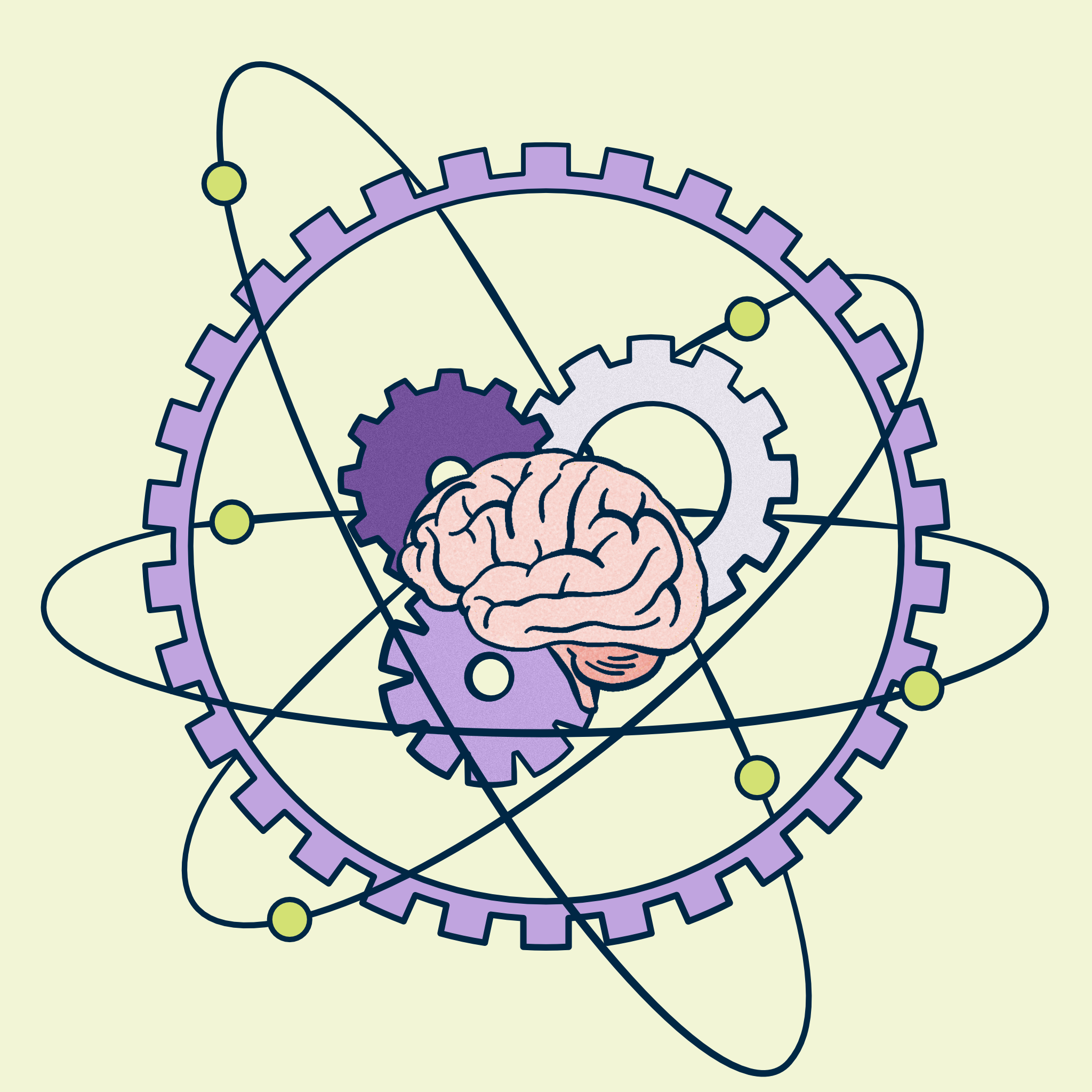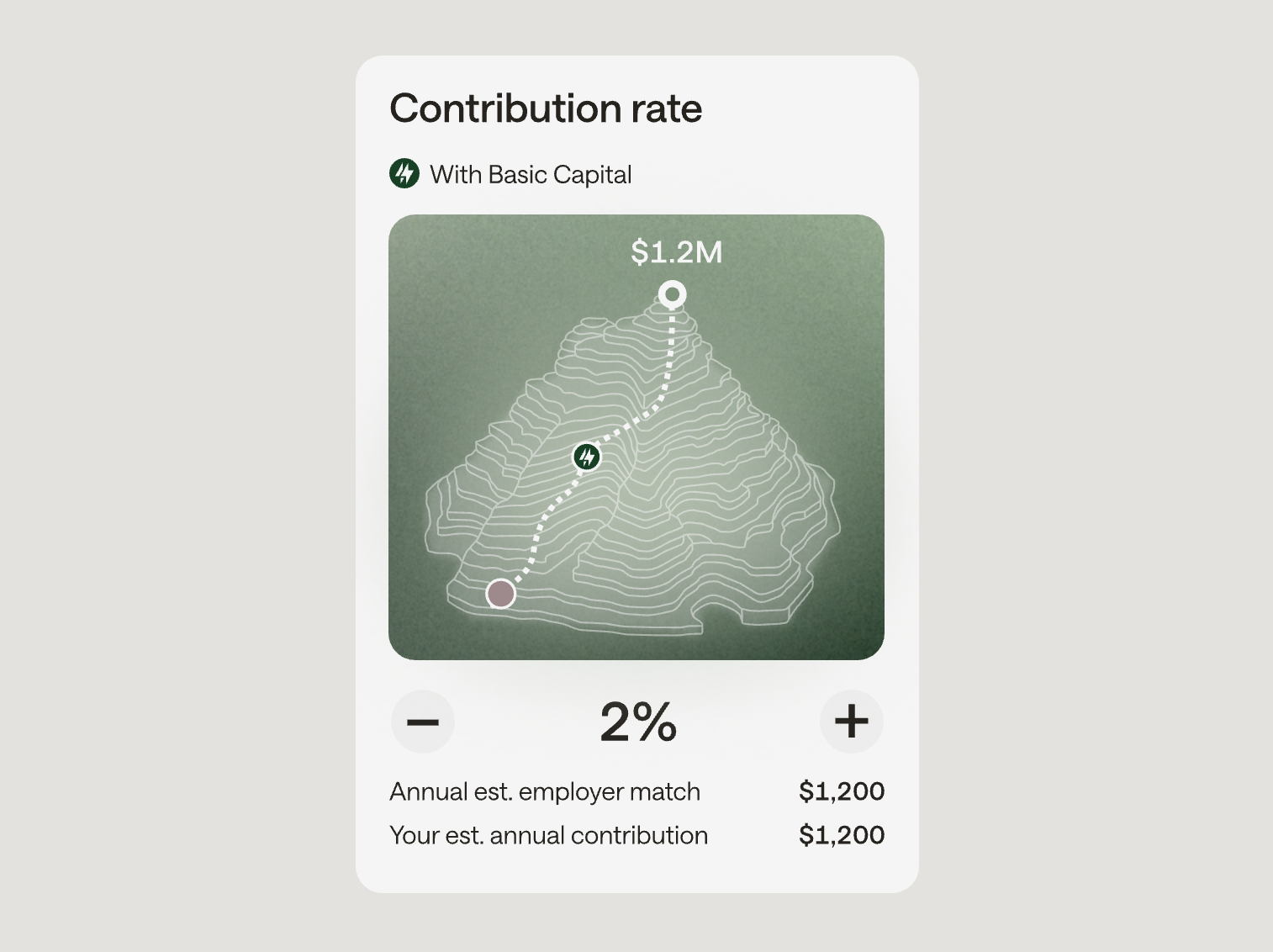At Forerunner, we dedicate ourselves to understanding values shifts and technological shifts. Both are rare and defining: values shifts are rooted in a fundamental evolution of human needs, and technological shifts underpin new solutions and pathways that advance people's way of living. Some of the most significant businesses are born out of these shifts by capitalizing on these novel tailwinds, meeting new demands, and going on to win with superior execution and economics.
In this current moment, we believe we’re in the midst of both a values shift and a technological shift, presenting a compounding opportunity for growth.
Peak Access: The Diminishing Appeal of Tech’s Prevailing Value Proposition
The values shift that’s underway is born out of consumers' broad sense of fatigue and overwhelm from a culture that's now dominated by hyper-consumerism and a flurry of different decisions and tasks that newly fall onto consumers' plates. We see a class of consumers who are stressed out and even paralyzed by the abundance of choice that’s in front of them. Recent Forerunner research found that consumer stress is up 39% this year from the last, and new Accenture research shows that 74% of consumers abandon decision making and purchases simply because they feel overwhelmed by the volume of choice.

This dynamic is present across nearly every life dimension due to spiking access to products, services and information, at both a micro and global scale. Rather than empower us with optionality, access is having an inverse effect where people are recoiling to what they know or forfeiting decisions altogether.

This is no doubt a result of the past decade+ of innovation hyper-focusing on access. “Democratizing access” has long headlined the lion’s share of startup websites, from health and financial services to education, SMB tools, ecommerce, and beyond. The promise to untether products and experiences from their historical barriers — be that high costs, geographic constraints, or a reliance on expertise or gatekeepers — has been an excellent place to build from. The new more accessible offerings have typically entailed some DIY component, where the onus lands on the consumer to figure things out (plan your own vacation, without an old school travel agency), and/or an arbitrage model that captures ~80% the historical value for ~50% of the cost (manage your own money with digital tools, but no expert guidance).
Many access-focused companies are great businesses, and many industries still stand to benefit from greater access. But generally speaking, access alone is an increasingly thin value proposition. Because when access becomes so abundant, it starts to work against consumers and become counterproductive. This leads to a profound desire for products and services that edit the vastness of what’s available, presenting the best option instead of more options, and helping do things for us instead of allowing us to do it ourselves.

A Return To Expertise and Outsourcing, and the (Long-Awaited) Promise of Personalization
And now for the major technological shift, generative AI. Gen AI is uniquely positioned to accelerate this shift from Access to Edit. Because at its core, the promise of Gen AI is to effectively edit our digital worlds, taking broad swaths of legwork off of our plates by offering up personalized insights with more comprehensive context than any one person could have themselves. This ultimately takes back some of the optionality and responsibility that access let loose onto consumers in the years past, and reverts us back to more “traditional” pathways where we rely on the quality of outsourced expertise — even if this time, AI is the engine.
This gets at one hallmark of this emergent shift: an emphasis on quality. Historically, consumers have made product and purchasing decisions based on a three-part paradigm: price, convenience and quality — with the acceptance that most often a solution is only optimizing on two of the three dimensions. The past decade of access-focused companies have predominantly excelled at convenience and price. It’s not that quality fell by the wayside, it’s that having parity with the quality of legacy standards was generally adequate when a more convenient and/or cost-effective format was delivered. For example, with DoorDash and Instacart, you're paying for the convenience of delivery — you're not paying for better quality takeout or avocados. And with Netflix, you're getting a far greater selection for the cost and in a far more convenient experience — but for the most part, the content isn’t relatively better.

With AI, we believe there’s a new opportunity to win on quality. We anticipate a shift in this three-point framework, moving from an emphasis on convenience & price (Access) to convenience & quality (Edit). So for example, rather than providing greater access to healthcare, companies in this new paradigm will provide better healthcare. Price will always be a factor, but parity will suffice — similarly to how quality parity was serviceable for the last wave of access-focused companies.

Our early research illustrates this appetite, with consumers saying that quality is the #1 desired outcome from an AI experience, closely followed with convenience.

With AI, quality largely hinges on a product or service's ability to properly capture nuance, intent and context to either 1) effectively serve up the most relevant and useful insights, or 2) effectively perform tasks on our behalf.
We see a world of opportunity for products and services that help people get to the best possible output, providing fundamentally more useful value than the previous alternatives rather than cheaper or more accessible extensions of existing standards.
Investing in the Shift From Access to Edit
To deliver on this quality opportunity within AI today, we see three immediate unique investable themes underpinning the next generation of pioneering companies:
- Personalization: Gen AI will finally deliver on the promise of personalization and advance what’s possible, surfacing insights and outputs with more comprehensive context than any one person could have themselves. This can take the shape of healthcare navigators that negotiate bills for you, agents that plan and book vacations specific to your inspirations, and financially planning entirely tailored to your goals. Gen AI can make personalization the main event.
- Search to Service: We see online discovery evolving from one-dimensional, unilateral experiences into highly engaging, interactive services. These services will transform open-ended searches into dynamic, actionable exchanges. Imagine insights and purchasing options curated through the lens of your inner style maven, parenting expert, or budgeter, incorporating all the right vertical-specific tooling to empower action.
- The Trust-Building Stack: Consumer trust in AI — from data integrity to privacy, reliability, and accuracy in capturing nuance and intent — is essential to the potential of this new era. We are in an active building cycle to develop the capabilities and proficiencies needed to deliver on the potential of Gen AI enabled products and services. A new ‘trust-building [enabling] tech stack’ will emerge to support reliable experiences and broad consumer AI adoption.
Edit-focused offerings are already emerging and gaining market share across the major consumer categories, providing personalized, agentic experiences:

Meanwhile, an essential layer of enabling technology infrastructure is emerging to power consumer adoption, safety, and functionality:

In summary, access is no longer a burning consumer opportunity to deliver on. In fact, access is arguably now the consumer challenge. After decades of giving consumers the options and agency to do things themselves, people are now eager for relief — for personalized, actionable services that do things with them, or better yet, for them.
If you’re building a company accelerating the shift from Access to Edit, either through hyper personalized offerings and dynamic, interactive services — or the underlying infrastructure supporting consumer trust and adoption within this framework — we want to hear from you.






